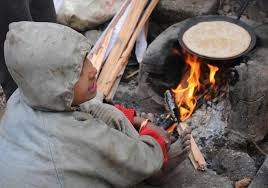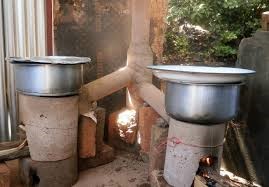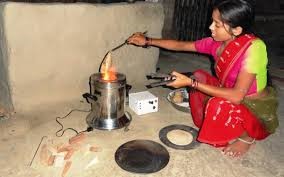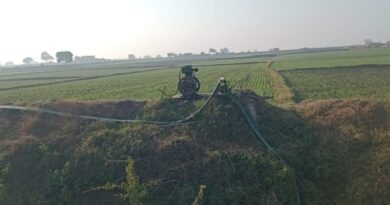Time is to promote Impact through Clean Cooking Applications
A full day conference was organized in the capital recently as a part of India Clean Cooking Forum (ICCF) on Clean Cooking applications showcasing Cook Stoves, Biogas models and a high-level discussions on contribution of the same to climate change initiatives, policy measures, livelihood generation and impact on health, education and cross cutting areas from other spheres.
ICCF is a landmark annual gathering of people working to accelerate the production, deployment and use of cleaner, more efficient cooking technologies like Improved Cook Stoves, solar Cooking, Biogas, etc. There is a huge expectation globally based on its possible impact on a number Sustainable Development Goals (SDGs).
It is not that we did not know about the potential of Improved Cook Stoves (ICS) in India. The pilot project on ICS was designed and launched in the year 1983 by Department of Non-Conventional Energy Sources (was renamed as Ministry of New and Renewable Energy, MNRE in 2006) and seeing its huge benefits and positive response of the beneficiaries, the pilot project was converted into National Program on Improved Chulha (NPIC) in the year 1985 and continued till 1992 and then it was further considered into the 8th Five Year Plan (1992-97) and up to 2002-03.

Traditional Cook Stove 
ICS with Pipe for Natural Draught
After around 02 decades, the talk on this is still crucial because of its potential to create meaningful impact on health of women and kids, livelihoods, empowerment of women, protecting the environment (through saving of forests), etc. Sounds exaggeration but it actually delivers positive results across a number of Sustainable Development Goals (SDGs) like 3,7,8 ,11 and 13 – and contribute to an enabling environment for achieving other SDGs by 2030.

Source: http://energy.access.gnesd.org
Let’s find out below how these SDGs are affected by Clean Cooking:-
SDG 3: To ensure Good Health & wellbeing of individuals belonging to all age groups, clean cooking cannot be overlooked
SDG 7: Clean cooking is essential to address energy poverty and ensure Affordable & Clean Energy for all
SDG 8: To ensure decent work and economic growth, the clean cooking sector offers many job opportunities
SDG 11: Clean cooking addresses household and ambient air pollution, resource efficiency and climate vulnerability for Sustainable cities and communities
SDG 13: Clean Cooking has direct commitment to reduce carbon emissions that is Climate Action
Despite the initiatives of Government of India and International donor agencies along with the huge potential of the improved cookstoves, it did not catch the true momentum because of the lack of awareness, required technological improvements, insufficient financial assistance and conflicting policy.
Being a renewable fuel Biomass should play an important role to remain as the most important source of cooking energy for the coming decades as well unlike LPG which is a fossil fuel and mostly imported. The efficient and sustainable way to burn the biomass fuel is possible by using clean burning and efficient stoves selected as per the diversity of the country in food habits. We have a huge expectation on this technology and its possible impact. This is only possible to achieve through a large-scale adoption which still needs a long way to go. This is the reason; the clean cooking deserves necessary attention nationally and internationally in the coming time also.



